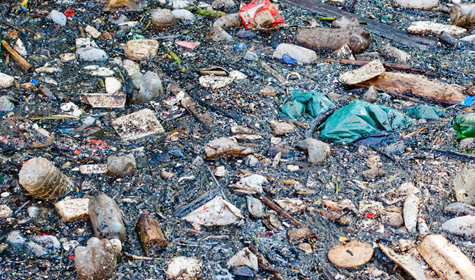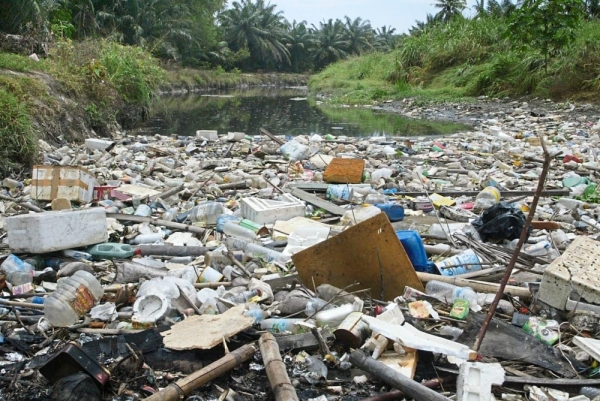INTRODUCTION
Water pollution happens when toxic substances enter water bodies such as lakes, rivers, oceans and so on, getting dissolved in them, lying suspended in the water or depositing on the bed. This degrades the quality of water. Not only does this spell disaster for aquatic ecosystems, the pollutants also seep through and reach the groundwater, which might end up in our households as contaminated water we use in our daily activities, including drinking.

STATISTICS OF WATER POLLUTION IN MALAYSIA
Data in 2016 and 2017 has shown that most of Malaysia’s river water quality was in Water Quality Index Class II and Class III. The implementation of the Movement Control Order (MCO) has restricted business activities, human movements as well as anthropogenic activities. The sudden decline in human activities has directly impacted the river water quality. Several observations conducted by reporters of local newspapers, reports released by the Department of Environment (DoE) and Ministry of Environment and Water have shown positive changes in water river quality.

WATER POLLUTION CAUSES
- URBANIZATION AND DEFORESTATION - Even though it does not have a direct impact on water quality, urbanization and deforestation have a lot of indirect effects. For instance, cutting down trees and concreting over large areas generates an acceleration of flows which does not give enough time for water to infiltrateand be purified by the ground.
- INDUSTRIES - Industries produce a lot of waste containing toxic chemicals and pollutants. A huge amount of the industrial waste is drained in the fresh water which then flows into canals, rivers and eventually in the sea. Another source of water pollution is the burning of fossil fuels, causing air pollution like acid rain which then flows to streams, lakes, and other stretches of water.
- AGRICULTURE - Agriculture has an impact on water pollution due to the use of chemicals such as fertilizers, pesticides, fungicides, herbicides or insecticides running off in the water, as well as livestock excrement, manure and methane (greenhouse effect). Regarding aquaculture, pollution is directly in the water, as excess food and fertilizers are causing dystrophication.
- MARINE DUMPING - Everyday, garbage such as plastic, paper, aluminum, food, glass, or rubber are deposited into the sea. These items take weeks to hundreds of years to decompose, and thus they are a major cause for water pollution.
EFFECTS OF WATER POLLUTION
- ON THE ENVIRONMENT - Water pollution truly harms biodiversity and aquatic ecosystems. The toxic chemicals can change the color of water and increase the amount of minerals - also known as eutrophication - which has a bad impact on life in water. Thermal pollution, defined by a rise in the temperature of water bodies, contributes to global warming and causes serious hazard to water organisms.
- HUMAN HEALTH - Water pollution has very negative effects on public health. A lot of diseases result from drinking or being in contact with contaminated water, such as diarrhea, cholera, typhoid, dysentery or skin infections. In zones where there is no available drinking water, the main risk is dehydration obviously.
PREVENTION OF WATER POLLUTION
- Wastewater Treatment
- Green Agriculture
- Plastic Waste Reduction
- Water Conservation

Date of Input: 16/12/2020 | Updated: 16/12/2020 | rahiza
MEDIA SHARING
































